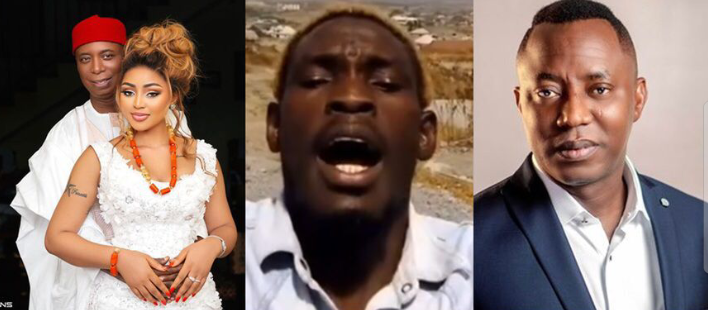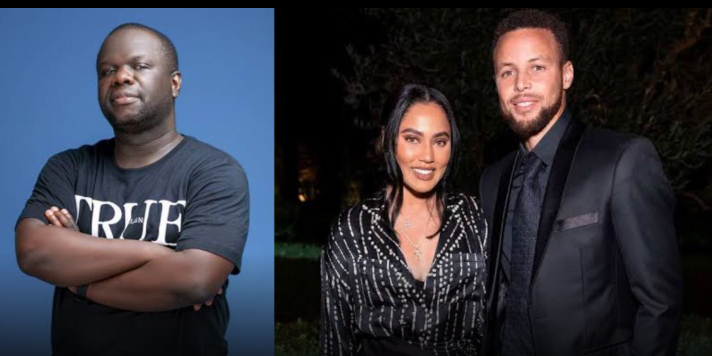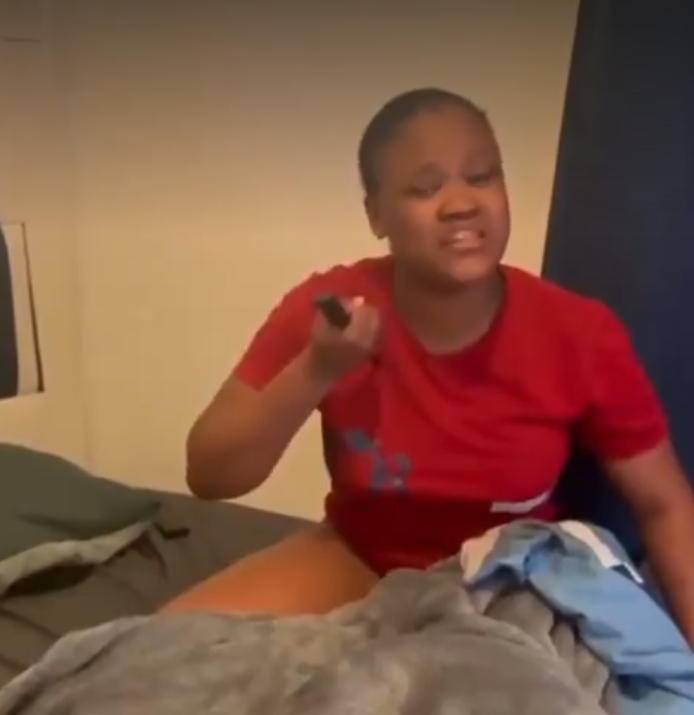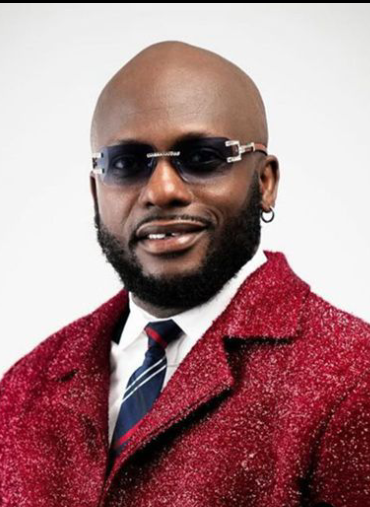
“He Landed in the Appropriate Court” – Ned Nwoko Fires Back at Sowore Over TikToker’s Arrest for Accusing Regina Daniels of Promiscuity

Billionaire businessman and politician, Prince Ned Nwoko, has broken his silence following a wave of criticism led by human rights activist and Sahara Reporters publisher, Omoyele Sowore, over the recent arrest of a TikToker who accused Nwoko’s wife, actress Regina Daniels, of alleged promiscuity and paternity fraud. The dramatic saga has captivated the online space, stirring debate about freedom of speech, the abuse of power, and the protection of reputations in Nigeria's digital era.
The TikToker, whose name has not been officially released, allegedly made defamatory comments about Regina Daniels, accusing her of infidelity and paternity fraud in a series of viral videos. These claims quickly gained traction on TikTok and other social platforms, drawing outrage, sympathy, mockery, and eventually, legal action.
In response to the arrest, Sowore took to his social media platforms to lambast Nwoko, accusing him of weaponizing the law to silence free speech and intimidate young Nigerians. According to Sowore, the young content creator was merely expressing himself and did not deserve to be subjected to what he described as “state-sponsored harassment” for making comments about a public figure. He condemned the arrest as a misuse of influence and power, branding Nwoko’s actions as an attack on democratic ideals and civil liberty.
However, Nwoko was not having any of it.
In a fiery Instagram post that has since gone viral, the former senator lashed out at Sowore, calling both him and the TikToker “miscreants and nonentities.” Nwoko wrote under his verified handle @princenednwoko: “This is who busybody jobless Sowore is pretending to be defending. Sowore and the boy are miscreants and nonentities. He challenged me to go to court. He has landed in the appropriate court and justice will take its course. One million cyber bullies can’t stop him from being prosecuted and punished appropriately.”
His blunt choice of words shocked some and thrilled others, as it laid bare the deep disdain he holds for both Sowore and the arrested content creator. Nwoko, who has often been the subject of online controversy, made it clear that he will not tolerate defamatory remarks made against his family, especially when such comments are circulated on platforms with wide youth followings.
The incident has sparked heated reactions online. While some Nigerians defended Nwoko’s right to protect his family name from public defamation, others have decried what they call a growing trend of the elite using legal means to suppress critics. “So a billionaire with political connections can’t take a joke or gossip? This is a sign of fragile egos in high places,” tweeted one user.
Another user fired back: “Freedom of speech doesn’t mean freedom from consequences. You can’t just go online and accuse people of serious crimes like paternity fraud and expect to walk away.”
Sowore, never one to back down from a fight, doubled down on his criticism. In a follow-up post, he questioned why the government and law enforcement are quick to act when the rich are involved, yet remain sluggish when ordinary citizens suffer injustice. “Nigeria is not a democracy if a young man with a phone and an opinion can be thrown behind bars for making unproven claims while those looting the country go free,” he wrote.
The arrest reportedly came after the TikToker was tracked and picked up by security operatives. There are unconfirmed reports that he is being held without bail and is facing charges of cyberstalking and criminal defamation under Nigeria’s Cybercrime Act – a law that has been criticized by human rights organizations for its vague definitions and potential for abuse.
Regina Daniels, who has remained silent throughout the ordeal, has continued to post glamorous photos and brand deals on her social media pages, seemingly unbothered by the noise around her. However, close observers believe she may have played a significant role in pushing for legal action behind the scenes.
This latest episode is yet another reminder of the volatile relationship between Nigeria’s influential class and the country’s exploding youth-led social media culture. In a country where traditional media is often censored or controlled, platforms like TikTok, X (formerly Twitter), and Instagram have become breeding grounds for citizen journalism, rumor mills, satire, and social justice campaigns. But they’ve also become dangerous spaces where false information, character assassination, and targeted harassment thrive.
Nwoko’s insistence that the matter be dealt with in court is a signal that more high-profile figures may turn to legal solutions to confront online defamation. His reference to “one million cyber bullies” appears to be a dig at the mass online mobilization against his family, as users have taken sides in the ongoing feud. Hashtags like #FreeTheTikToker and #JusticeForRegina have trended at different times as both sides try to dominate the conversation.
Despite Sowore’s vocal condemnation, legal analysts say Nwoko may have a strong case if the TikToker cannot substantiate his claims in court. Nigerian defamation laws, especially under the cybercrime statutes, place a high burden on individuals who make damaging public allegations online. However, many still worry about the precedent such cases set, especially when police involvement appears to be at the beck and call of the rich and powerful.
As Nigerians await further developments in the case, one thing is clear — the battle over speech, dignity, and power in the digital age is far from over. With deep pockets, political connections, and an unbending will to protect his family, Ned Nwoko has shown he is ready to fight his battles in and out of court. Meanwhile, Sowore, a veteran of the struggle for civil liberties, continues to use his platform to push back against what he sees as growing authoritarianism in disguise.
The bigger question now is this: where is the line between defamation and expression in Nigeria’s democracy, and who gets to decide when it’s crossed? Until the courts make their ruling, the court of public opinion will keep raging — loud, divided, and unrelenting.


